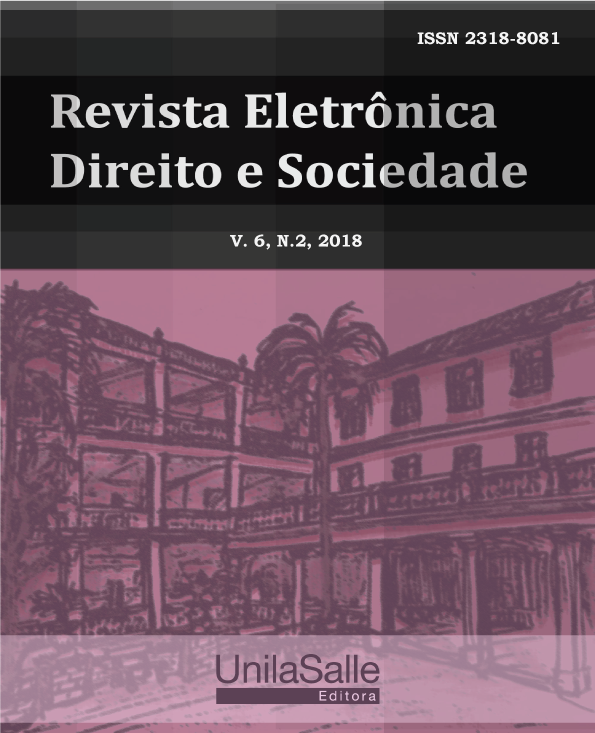Roman Juspublicism’s validity for a new Latin American Century
DOI:
https://doi.org/10.18316/redes.v6i2.4659Keywords:
Iuspublicism, Democracy, Participation, Representation.Abstract
In its theoretical origins, democracy and representative government allude to two constitutional models in opposition: that of Rousseau and that of Montesquieu; the first inspired by the Roman magistrates with institutions such as the mandate, its revocable and controllable character, the expression of the will of the sovereign directly or through a judiciary of auditable authority; the second based on the election of a representative, the division of powers and the exacerbation of the so-called individual freedom. On the other hand, the constitutions of Latin America throughout their history have been limited in their development by the assumption, almost invariable, of Montesquieu’s model of advertising. From 1999 on, this reality has been changing with slight introductions of the model of participatory democracy, but this is still insufficient, both from the point of view of its scope and its institutional design. Faced with this reality, the Latin Roman iuspublicistic model, stands as a reference to take into account.Downloads
Published
Issue
Section
License
Authors who submit their manuscripts for publication in the “REDES” Magazine agree to the following terms:
The authors claim to be aware that they retain copyright by giving “REDES” the right to publish.
The authors declare to be aware that the work submitted will be licensed under the Creative Commons Non-Commercial Attribution License which allows article sharing with acknowledgment of authorship and publication in this journal.
The authors declare to be aware that by virtue of the articles published in this journal have free public access.
The authors declare, under the penalty of the law, that the text is unpublished and original and that they are aware that plagiarism has been identified, plagiarized authors will be informed - willingly, to take legal action in the civil and criminal sphere - and, plagiarists will have their access to the magazine blocked.
The authors state that - in case of co-authoring - all contributed significantly to the research.
Authors are obliged to provide retractions and (or) corrections of errors in case of detection.
The authors are obliged not to publish the text submitted to “REDES” in another electronic journal (or not).
The Electronic Journal Law and Society - REDES - is licensed under a Creative Commons License. Attribution-NonCommercial 4.0 International.Based on work available at "http://revistas.unilasalle.edu.br/index.php/redes/about/submissions#copyrightNotice".
Permissions in addition to those granted under this license may be available at http://creativecommons.org/.

